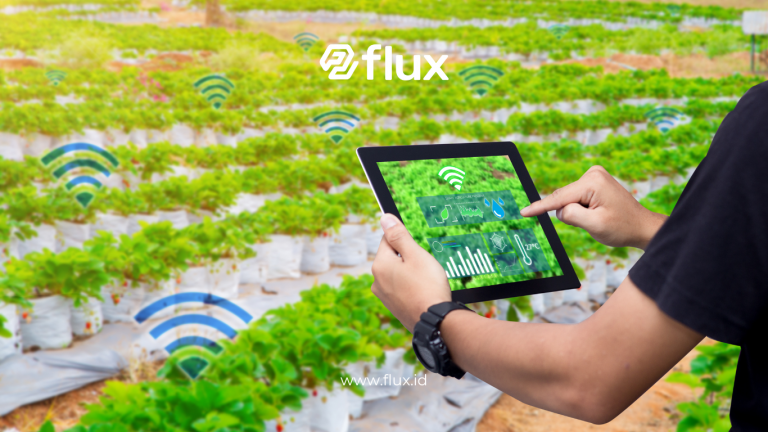Don't miss our holiday offer - 20% OFF!

Read also : Utilizing IoT in Flood Monitoring and Early Warning Systems
Floods are a serious threat that can cause significant damage to the environment and property while endangering human lives. In facing this challenge, Internet of Things (IoT) technology has become a valuable ally. Innovative IoT sensors have enabled us to conduct more effective flood monitoring and responsive control. This article discusses how the utilization of IoT sensors serves as a smart solution to address the increasingly complex challenges of floods.
Contents
IoT Sensors: Responsive Eyes and Ears
IoT sensors are a critical component of efficient flood monitoring and control. They function as ever-vigilant eyes and ears, providing invaluable real-time data. Here is how IoT sensors respond to flood challenges:
Accurate Water Level Monitoring

IoT sensors installed in rivers, canals, and flood-prone areas offer highly accurate water level data. This data allows us to monitor changes in water conditions more precisely and take faster action when water levels rise.
Improved Weather Forecasting

Read also : Weather Sensors: How Sensors Help Stay Energy-Efficient
IoT weather sensors provide continuous weather updates, aiding in predicting weather conditions that may trigger floods. This information allows us to plan preventive measures and evacuations before adverse weather arrives.
Automated Early Warnings

With IoT sensors connected to early warning systems, we can activate automatic alerts when water levels approach dangerous thresholds. This enables faster responses and protects human lives and property before it’s too late.
Conclusion
Leveraging IoT sensors to address flood challenges is a smart step in disaster management. These sensors provide accurate and real-time data, allowing faster responses and more effective planning of preventive actions. With the continuous development of IoT technology, we can expect further improvements in flood monitoring and control. With these smart solutions, we can protect lives and property and minimize the losses caused by frequent floods. Through effective collaboration between technology and policymakers, we can tackle flood challenges more efficiently and effectively.





